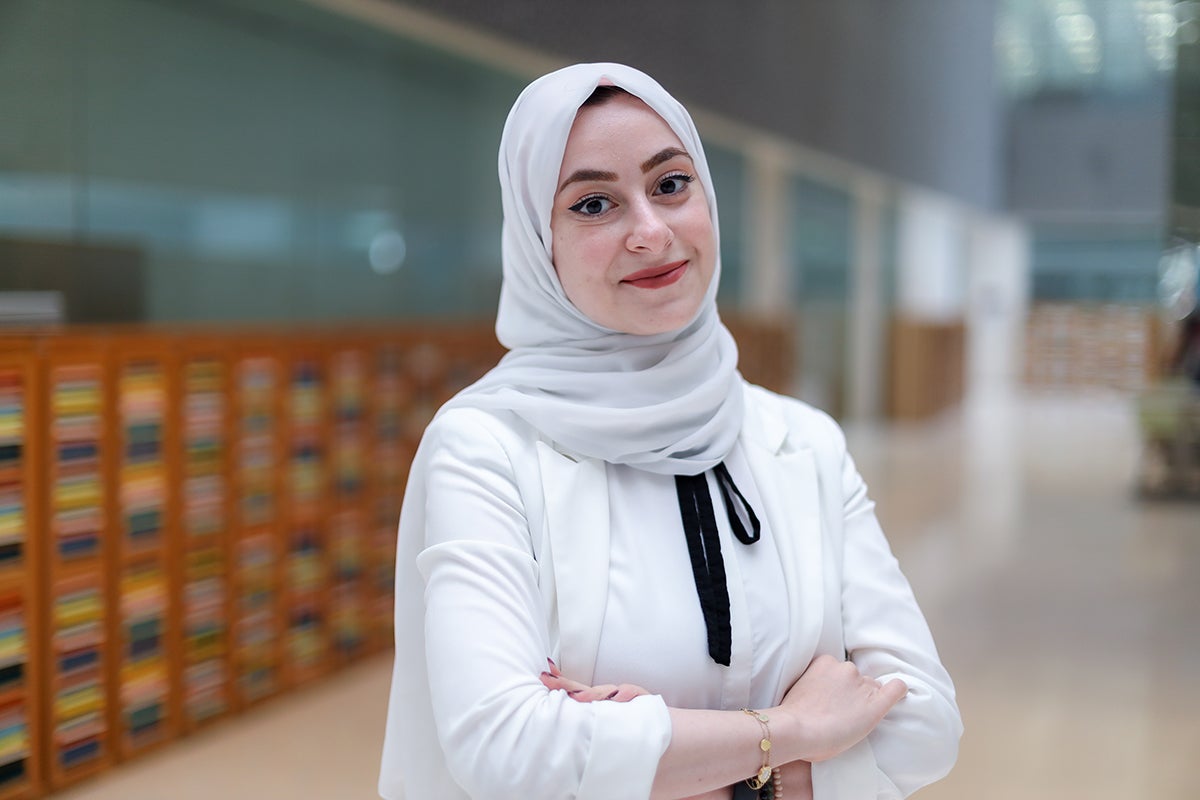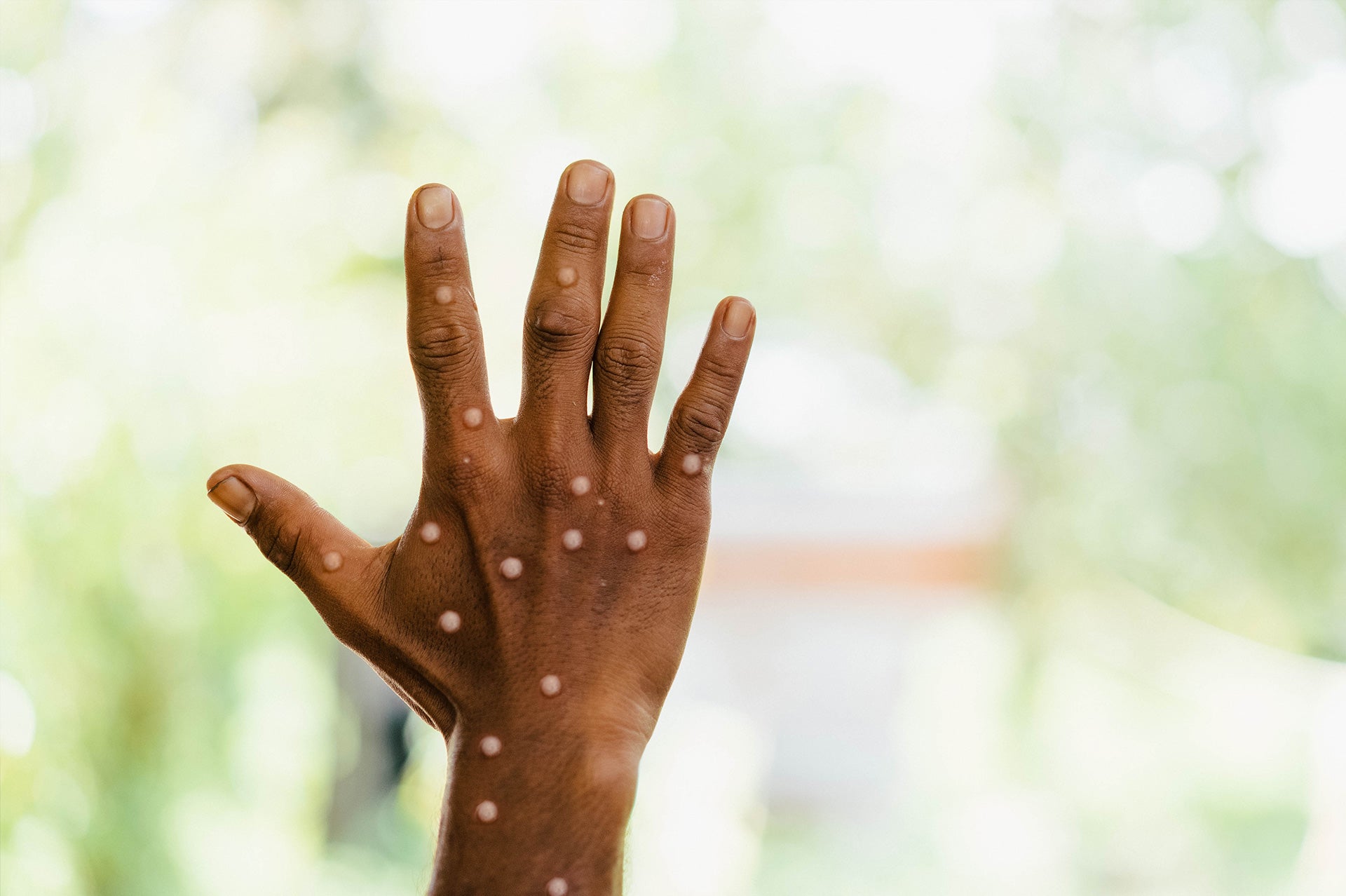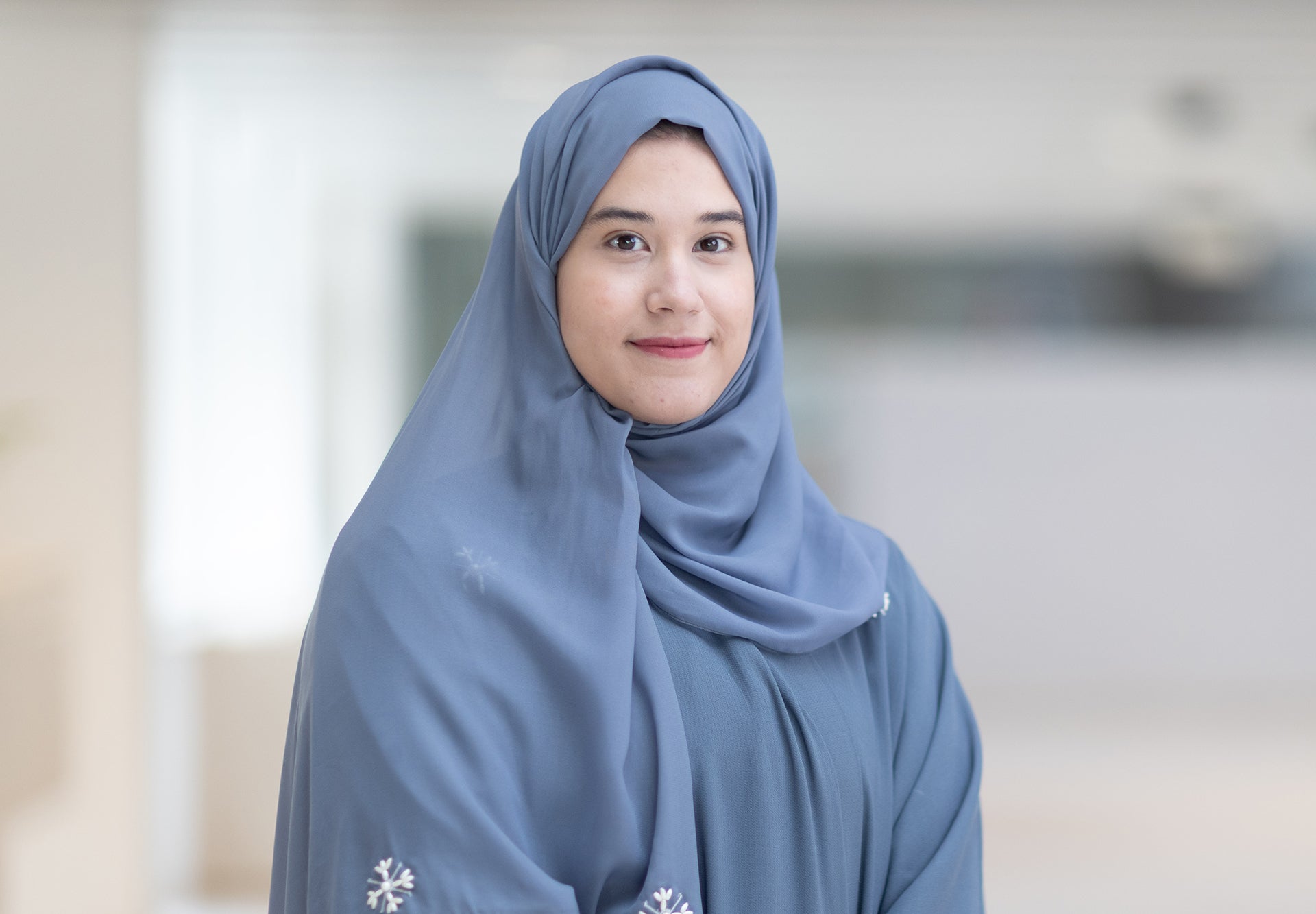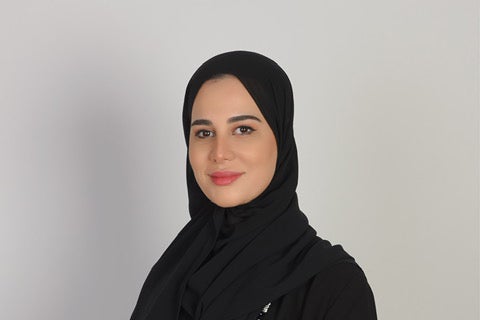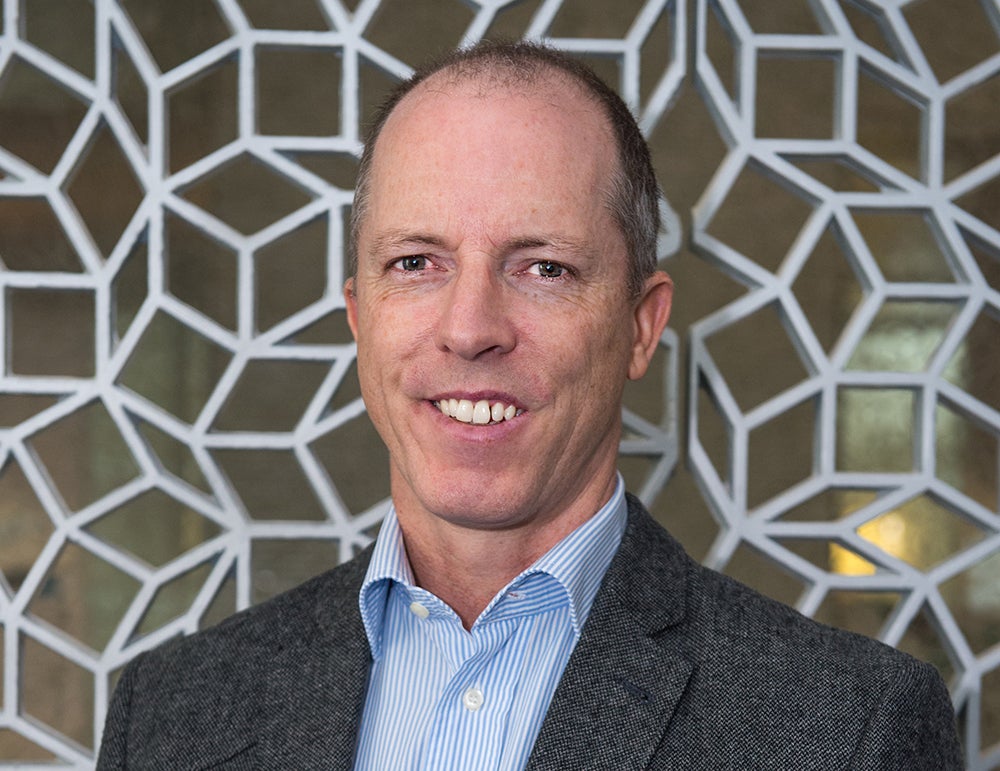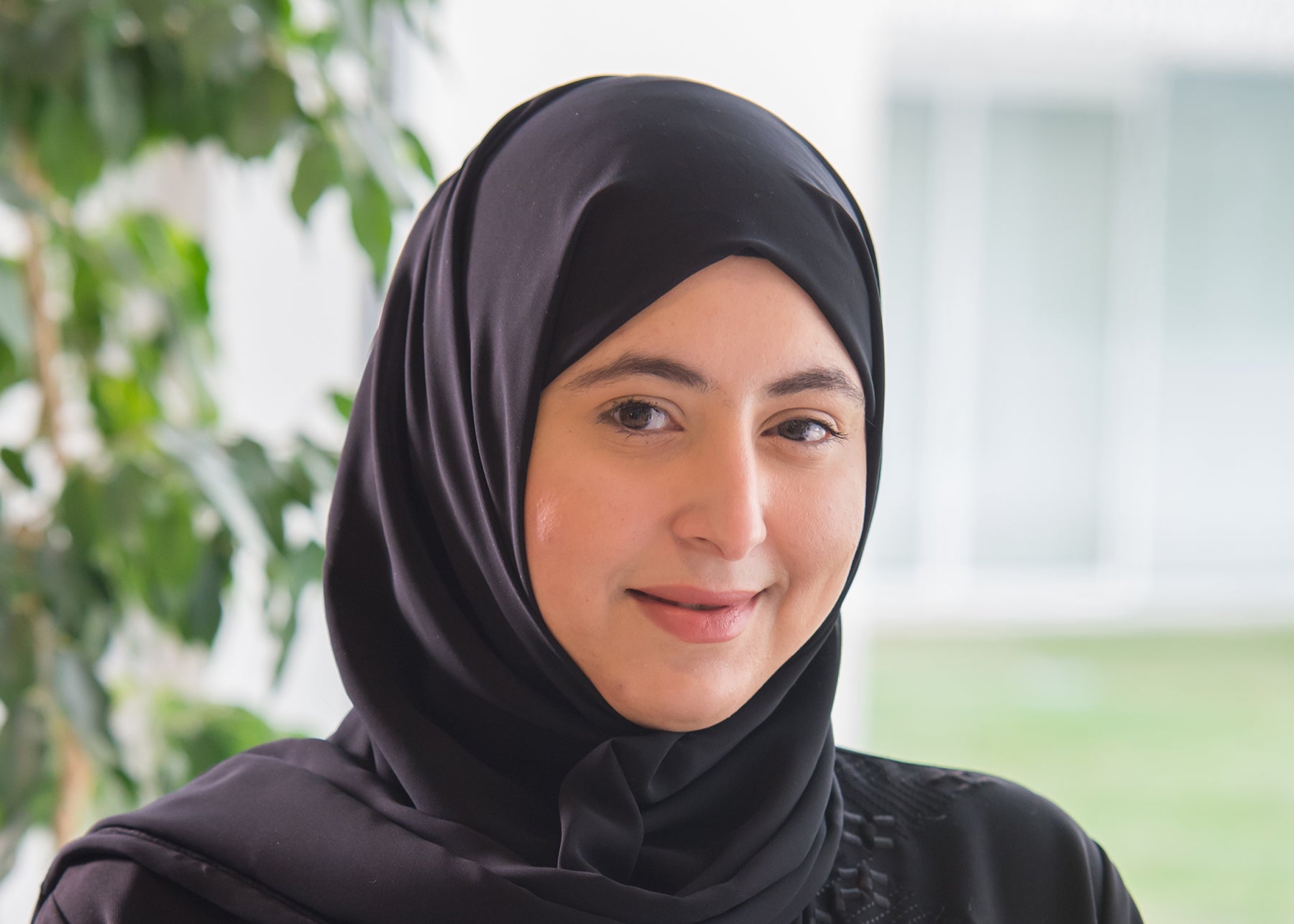
On World Health Day, an initiative by the World Health Organization (WHO) to raise awareness about the overall health and well-being of people across the world, celebrated on April 7, we asked Dr. Hend Mansoor, assistant professor at the College of Health and Life Sciences (CHLS), how the college is contributing to this year’s theme of building a fairer, healthier world amid the current challenges facing populations.
1. What is the role played by CHLS in promoting the health and welfare of community members and its contributions to addressing Qatar’s grand health challenges?
One of our central roles of CHLS is research discovery within the field of precision health. Our efforts are directed toward impacting the clinical sector (clinical bioinformatics, drug discovery, pharmacogenomics, gene editing, and multi-omics analysis) and preventative healthcare. Exercise science is directed at developing knowledge on the role of physical activity and exercise in sustaining health, fitness, and recovery from injury. The college’s other major contribution is through our research-intensive graduate degree programs. We are providing educational and research training for the next generation of research scientists who will become leaders in addressing current and future health challenges in Qatar, the region, and further afield.
2. What are the efforts exerted by CHLS to improve healthcare services in Qatar?
While improving healthcare services is not central to our educational and research mandate, CHLS’ cross-institutional collaborative activity generates substantive intellectual and research benefits. These contribute to addressing the cutting-edge clinical research, pharmacogenomics, and precision medicine diagnostic platforms founded on clinical bioinformatics.
3. What are the focus areas of the research projects conducted by CHLS?
Research projects at CHLS emphasize the translation of research outcomes to address clinical challenges in several areas including neuroscience, cardiovascular diseases, rare diseases, cancer, omics, exercise science, and epidemiology. The creation of multidisciplinary teams is a major focus within the college in order to maintain and build the technologies required to support these research goals.
4. What are the most significant research projects conducted by the college recently and how will the intended outcomes benefit residents of Qatar and the Gulf region?
There have been several significant research projects published recently by faculty members. To name a few: Dr. Omar Albagha, professor at CHLS, and his team published the first and largest genetic association study in the Middle East using data from the Qatar Genome Project. Dr. Borbala Mifsud, assistant professor, has recently been awarded a major grant from Qatar National Research Fund to study the role of certain anti-inflammatory agents named TNF inhibitors in certain autoimmune conditions prevalent in Qatar, such as leukemia.
5. Has CHLS conducted any special research projects related to COVID-19?
There are several that can be highlighted. Dr. Dindial Ramotar, professor at CHLS and Dr. Mustapha Aouida, research scientist and lab manager at the college developed a strategy that will help to eliminate false positives and false negatives in detecting COVID-19. The approach works extremely well in vitro and is now being validated in asymptomatic individuals as well as with ICU patient samples. Dr. Georges Nemer, professor and coordinator of the Genomics and Precision Medicine program at CHLS, and his team assessed the use of in silico tools to repurpose existing drugs in order to combat SARS-CoV-2 and feature the first non-biased approach to rank these drugs.
6. CHLS offers many specialized programs that prepare students to pursue a career in the health and medical services sector. Please tell us about these programs.
CHLS offers several PhD and master’s programs in the fields of Biological and Biomedical Sciences, Genomics and Precision Medicine, and Exercise Science. Graduates have promising career prospects and typically choose to pursue opportunities in biomedical research, exercise physiology, healthcare, or other related areas, working in academia, biomedical companies, governmental ministries, or other sectors where they can address national and global health challenges.
Related News
